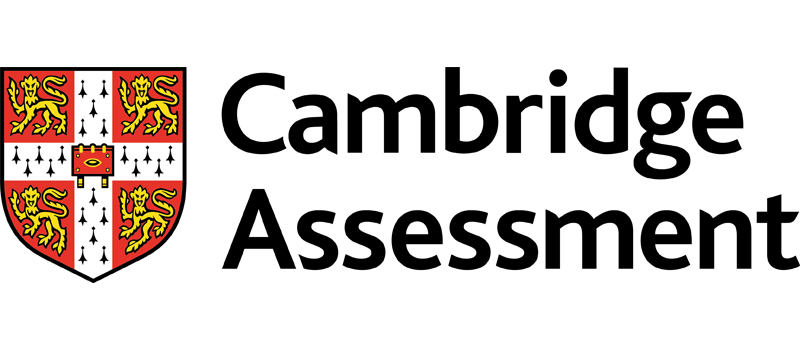Day 1:
Foundations of Process Simplification
Understanding the principles of process simplification and their relevance to organizational success.
Identifying common causes of process inefficiency and complexity.
Overview of methodologies: Lean, Six Sigma, and Business Process Reengineering (BPR).
Conducting a process audit: Tools and techniques for mapping current workflows.
Day 2:
Analyzing and Redesigning Processes
Techniques for analyzing process data and identifying bottlenecks.
Applying root cause analysis to address underlying issues.
Principles of user-centered design in process redesign.
Creating process flowcharts and visual aids to communicate improvements.
Day 3:
Implementation Strategies and Change Management
Developing an implementation plan for process simplification initiatives.
Engaging stakeholders and building consensus for change.
Managing resistance to change through effective communication strategies.
Ensuring compliance with regulatory and industry standards during process redesign.
Day 4:
Leveraging Technology for Process Optimization
Exploring automation tools and software for process streamlining.
Integrating digital solutions to enhance workflow efficiency.
Best practices for selecting and implementing technology solutions.
Case studies of successful technology-driven process simplifications.
Day 5:
Measuring Success and Sustaining Improvements
Establishing key performance indicators (KPIs) to measure process effectiveness.
Using data analytics to monitor and evaluate process performance.
Strategies for sustaining long-term improvements and fostering a culture of innovation.
Developing a roadmap for ongoing process optimization and professional development.























































